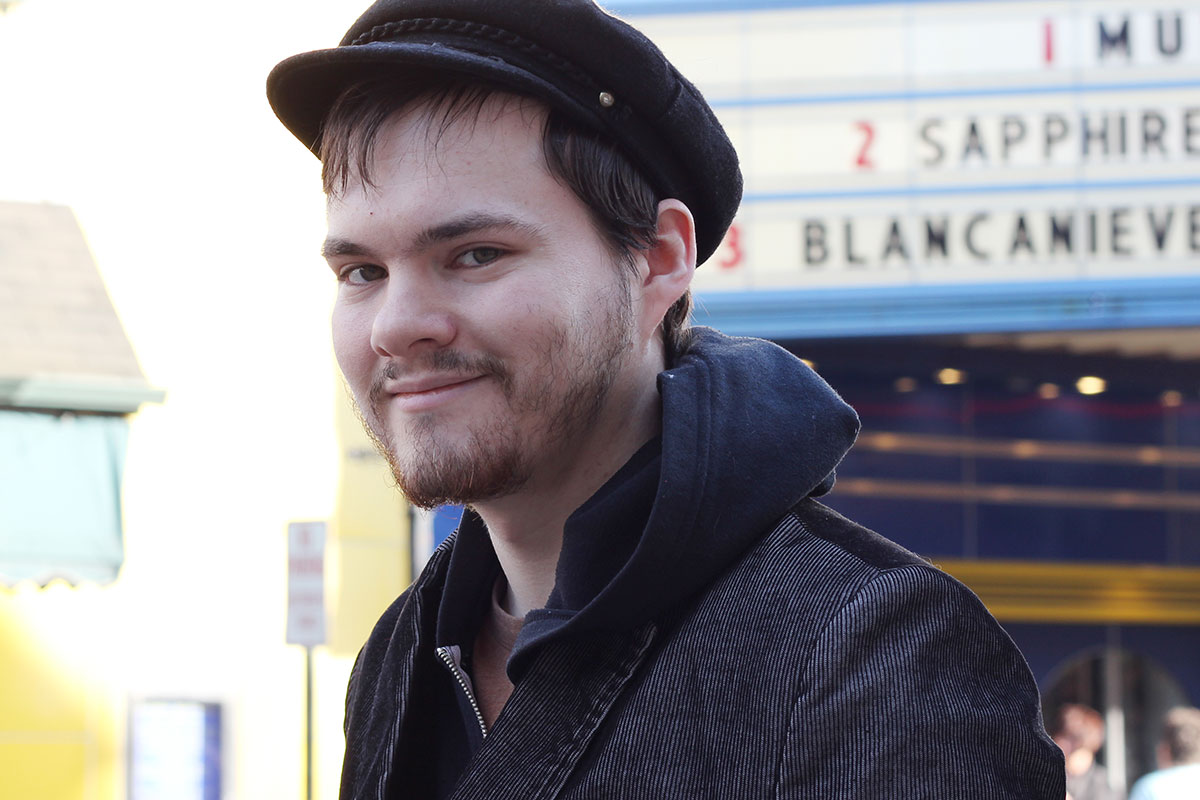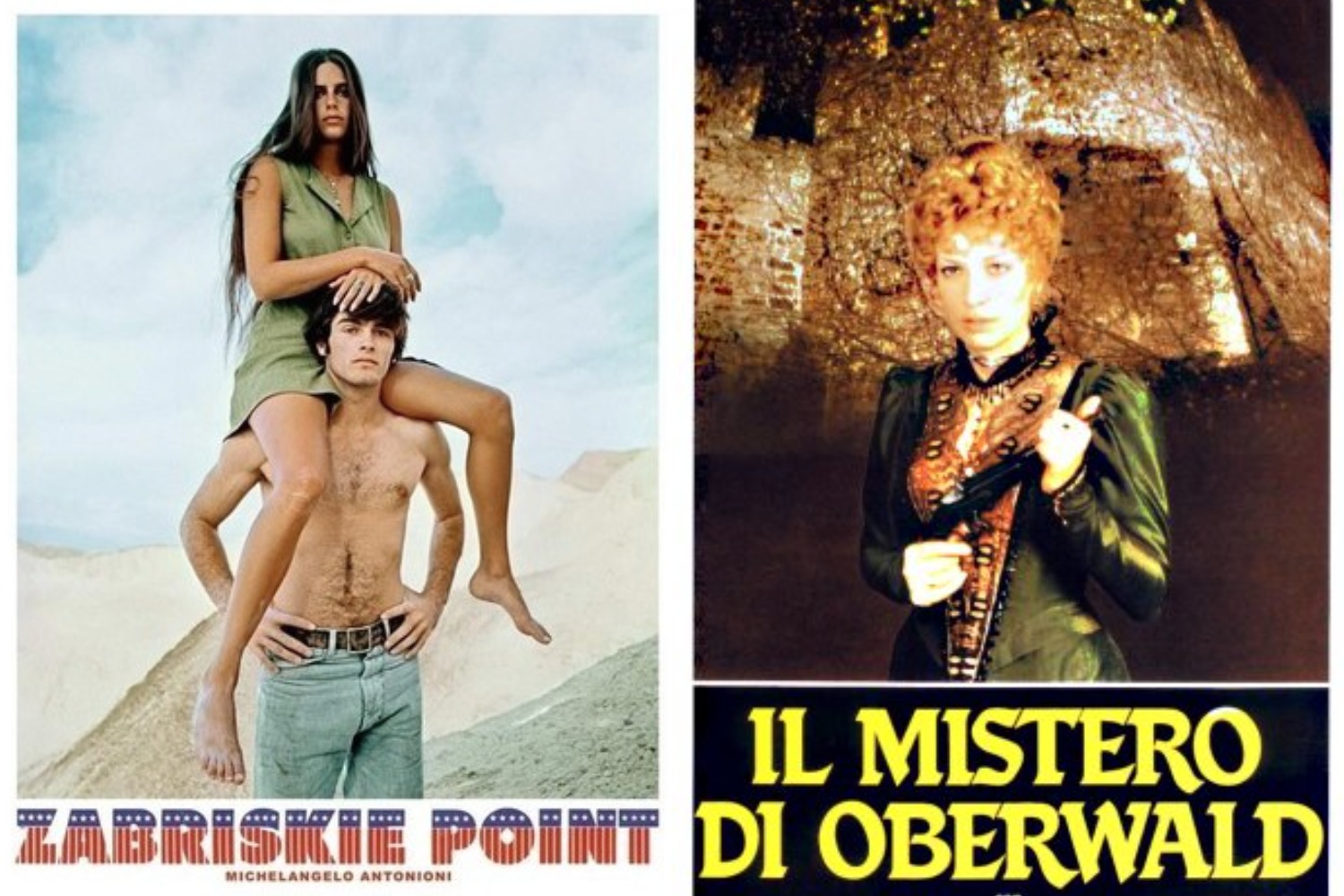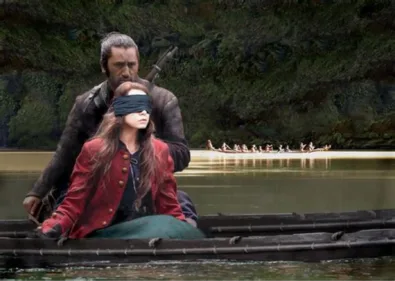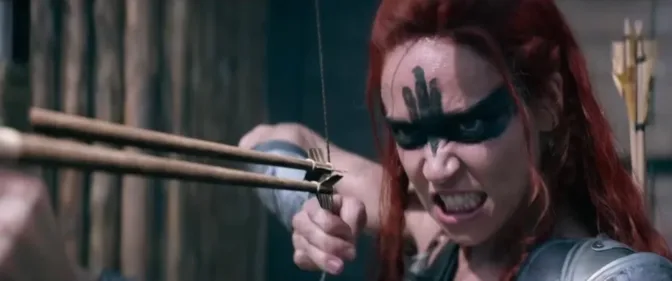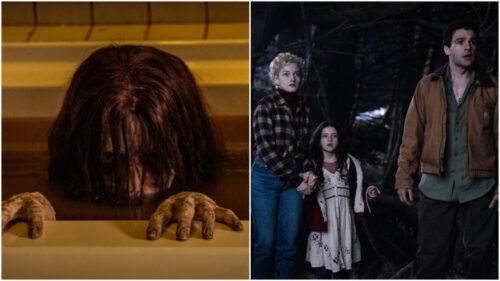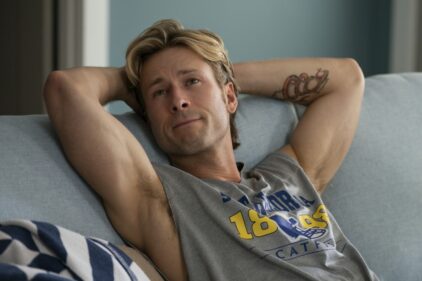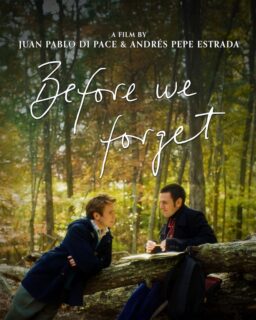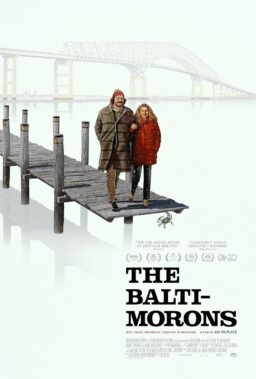My favorite thing about Roger Ebert? His capacity for growth and change. That he might live long enough to have his mind blown by some crucial experience that would in turn make him reconsider his views on a vilm. His piece on “La Dolce Vita” is the perfect summation of his boundless generosity toward film; the way he understood that his own biography, the way he might change, would influence his appreciation and understanding of a film. He did not like much of Michelangelo Antonioni’s work, but I’d give anything to hear his thoughts now, especially after the 2016 election.
Last month when I posted my final edition of this column for the year I was assailed by people who wanted me to take politics out of the discussion. To talk about the film, not about the election. I’m afraid that’s the last thing we can afford to do now. Every day brings some new piece of information to light about how unfit for the job our president is and always has been. I’m sorry to alert visitors to this site but Roger Ebert never kept quiet about his beliefs, artistic, political or otherwise, and it would be a grave miscarriage of his legacy to take a neutral stance now. To be quiet when we should speak up. Roger never kept quiet when he saw a place for his own voice. His politics were more inspiring to me as a kid than anything he had to say on film. He was one of the good guys and he used his voice for good.
We need more voices screaming the right few syllables into the void to combat its overwhelming shriek. Which is why I chose Antonioni as the first recipient of the Unloved treatment in 2017. Because he too was unafraid. He stuck a thermometer in America and we refused to do anything about the fever. And now, with overwhelming evidence, we still refuse to see that we have a sickness that needs curing.
Arts criticism is a beautiful thing because it exists in a clean vacuum. I hope everyone seeks out the opposing viewpoints I raise in this video. Vincent Canby, Pauline Kael and Roger himself raised points that bring up one very important viewpoint that shaped the history of film. When Roger and Pauline didn’t like a film, there was a strong chance that a film like it would have a hard time getting made in the aftermath of their negativity. People listened when they spoke. So while I disagree with their takes on “Zabriskie Point” and “The Mystery of Oberwald,” their dissent is crucial because we in the film world understand that an opposing viewpoint is not anathema to our existence, something the American political system has not yet worked out. Read Roger, read the wonderful piece by Kent Jones, then read everything you can about art and politics. Read, nay, consume, every truthful thing you can lay your hands on. We need to be smarter and we have no excuse not to be now. Everything we could have ever wanted to know or see is at our fingertips.
And that’s what stuck in my craw about the few dissenting opinions I read on my last unloved. I do this column every month for a few reasons. One, I love championing lost or neglected films. It gives me purpose. It makes me excited to watch movies and to be alive. Two, I love hearing from the many people who tune in month after month hoping someone else shares their view on a weird piece of cinema history. Nothing so excites as a random voice answering their plea for empathy and compassion towards something that has meant so much to them. Three, because art belongs to the world, and the idea that there is only one opinion is damaging to our understanding of art, ourselves, the human condition. We must always be willing to change, to have our perception changed, to experience new perspectives, to know that the world can be molded. Fascism is the denial of other points of view, the belief that an idea is beyond criticism.
So disagree with me, but do not tell anyone that politics and art are separate. Do not ever assume the last word has been had. People may surprise you even still. The world may yet change for the better. Antonioni thought us capable of change, even if death hung over us like storm clouds. That’s what I choose to believe. That a moment of post-punk revelation may strike us and we will awake from our delusion. That none of us is better than the potential to change. We can and we should always believe that life can be more than it seems to be. We will get through this together. Art will always be there to support us, no matter how dire things seem. This I promise you. Read, watch, learn, accept, love, and press on. It’s what our artists and critics have always wanted. Progress. Change. Life. Love.
I remember the VHS box for “Zabriskie Point” staring at me when I was a kid (my dad bought it before I was born), beckoning me towards its adult world of sex and violence. Having luxuriated in its excesses since then, I can only hope it helped him make sense of a world post-Nixon, a world ruled by violence and injustice, the world in which he and my mother attempted to raise three children. I can only hope such a guide to the psychedelic underbelly of the vocal minority exists should I need it in the dark days ahead. Some day our children will want to know what we were going through in January of 2017 and I hope i have something as clear and beautiful as “Zabriskie Point” or “Oberwald” to point to for help. We were in pain. Here’s how it felt to know how many of us had betrayed our ideals in favour of an easy, comforting lie. These films will never age. Not as long as we all have mountains of injustice to answer for.
The Unloved – Zabriskie Point/The Mystery of Oberwald from Scout Tafoya on Vimeo.
To watch more of Scout Tafoya’s video essays from his series The Unloved, click here.
